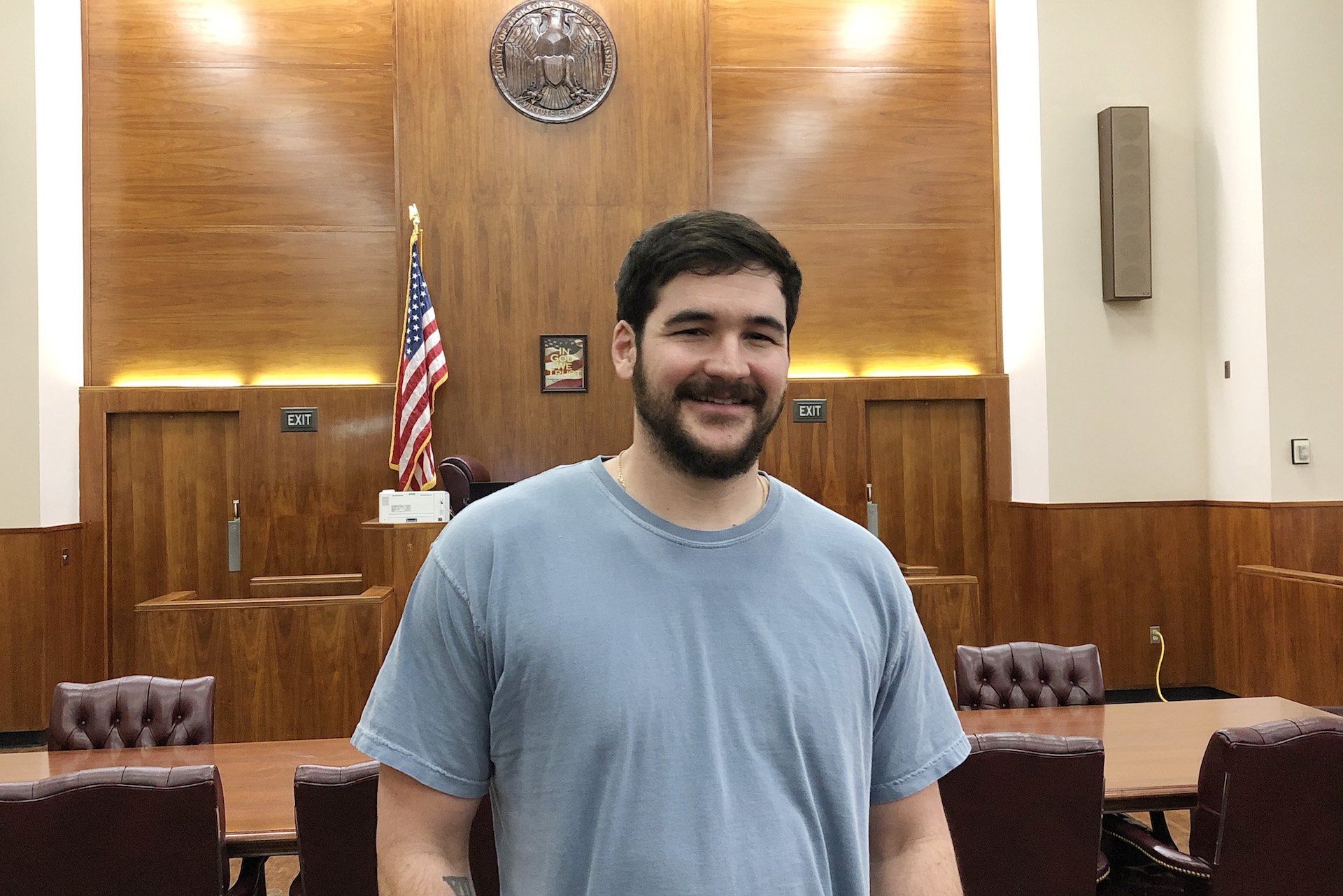Giving second chances promotes public safety and fairness

When it comes to justice reform, Mississippi lawmakers must weigh two critical responsibilities: protecting public safety and simultaneously ensuring our justice system treats all Mississippians fairly. It is a delicate balance that carries heavy consequences for our communities and the men and women who police them. But done properly, good justice reform policies can and should accomplish both.
In 2021, Mississippi joined the ranks of states that expanded parole eligibility to help safely reduce its prison population without compromising public safety. While we applaud Gov. Tate Reeves and state lawmakers, now is the time to implement more second chance programs and practices to support these new laws. More work is required to ensure individuals re-entering society do not fall back into trouble. This is not only the right and fair thing to do, but it also promotes public safety.
With the second-highest imprisonment rate in the nation, Mississippi taxpayers have been shouldering the cost of 652 incarcerated people for every 100,000 adults. Not only is that fiscally unsustainable, but research shows justice reforms, such as expanding parole eligibility for people charged with non-violent offenses, help lower recidivism rates and create stronger communities.
Nationally, the success of these reforms is documented when recently incarcerated citizens are supported by reentry training and community programs to help them find a job and support their families. And when you consider that 95% of anyone sentenced to a crime will eventually be released, allowing them to sit behind bars without giving them tools to reenter society is a known recipe for failure.
The Mississippi Department of Corrections (MDOC) along with other community partners are implementing successful training programs to help currently and recently incarcerated individuals, but more must be done.
To help with the current labor shortage, hiring managers can be incentivized to hire people who have been formerly incarcerated s with the Work Opportunity Tax Credit (WOTC), a provision of the Internal Revenue Code to encourage employers who hire individuals who meet certain criteria (convicted felons) to claim a tax credit equal to a portion of the wages paid to those individuals.
Mississippi employers can also apply for federal bonding programs sponsored by the U.S. Department of Labor to encourage second chance hiring. These free fidelity bonds, a job placement tool to encourage employers to take a chance on formerly incarcerated individuals, can range from $5,000 to $25,000, with no deductible amount for the first six months and the employer gets 100% insurance coverage.
In his recent State of the State address, Gov. Reeves said investing in reentry programs is a “wise investment.” We couldn’t agree more. Local and state officials should invest our tax dollars into programs that drive economic growth. Communities and employers can remove barriers and invest in reentry programs that provide people with the support they need to take full advantage of a second chance.
Our American ideals of hope and prosperity should apply to the children, spouses, and other family members of the formerly incarcerated. Redemption after making the worst mistake of your life should be possible. Communities should extend second chances to those willing to try again.
Expanding parole eligibility with meaningful implementation and initiatives sets Mississippi up for future growth and success with taxpayers’ dollars better invested in safer communities. We encourage Mississippi’s elected leaders to support work training and other re-entry programs that provide second chances, strengthen our economy, and make Mississippi a safer place to live and prosper.
This column appeared in Y’all Politics on February 3, 2022.
